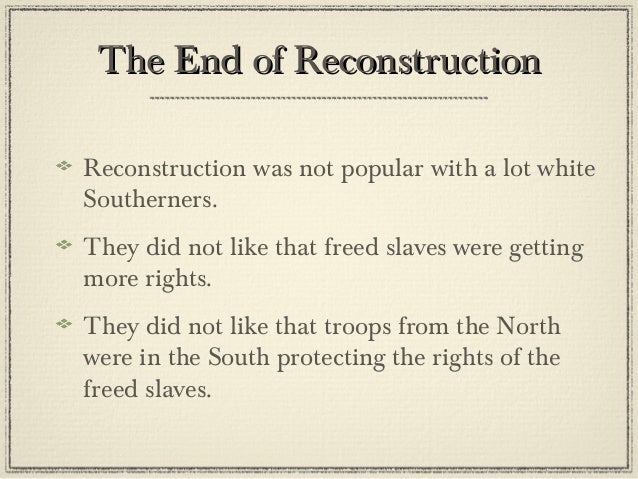Four Eras of Slavery, for the Benefit of Corporations
First Era: Before Emancipation
Prior to the Civil War, King Cotton was the rallying cry for the South. With cotton accounting for 60 percent of all U.S. exports, and 75 percent of all the cotton purchased by Great Britain, slaves were needed more than ever. African-Americans in tens of thousands were herded to the deep south, chained neck to neck as they became the hapless tools of industry.
By 1840 there were more millionaires along the Mississippi River than throughout the rest of the nation. Cotton was more valuable than all other U.S. commodities combined. In this
"great laboratory of American capitalism" slaves were the most valuable property,
and that meant big business for the slave traders, even in the North, as the Fugitive Slave Act legitimatized capture and transport to the South.
Cotton drove the textile industry in the northern states. In 1860, New England had over half of the manufacturing operations, and consumed two-thirds of all the cotton used in U.S. mills. Senator Charles Sumner of Massachusetts
called it "a conspiracy of the lords of the loom and the lords of the lash."
Before the start of the Civil War, the mayor of New York City sought independence from the Union in order to continue its lucrative trading with the South.
Otherindustriesflourishedas well, through the predecessors of companies that still exist and thrive today. The
Norfolk Southern Railroad leased slaves for one-year terms of hard labor. The parent company of
USA Today had links to the slave trade. Insurance companies such as Aetna issued policies protecting slaves as property. Many Wall Street firms, who held slave auctions outside their doors, had their beginnings in the cotton trade.
Lehman Brothers, which began investing in 1850, founded the New York Cotton Exchange in 1870. The predecessors of
JP Morgan/Chase got their start with loans to slave owners, at times with enslaved Africans as collateral. In 2005 JP Morgan apologized for its predecessors' slave trading activities in Louisiana, and
Bank of America and
Wachovia also apologized for their early involvement with slave trading.
But But Slavery happened so long it don't mean anything now, why can't you get over it. It doesn't affect anything......





